

Passionate about the magic of cinema and historically imposed on a place of invisibility, prejudices and stereotypes, how can women challenge, break with oppression, look after precious archives, play remarkable characters, produce and direct successful films? The documentary illuminates the trajectories of dreams, challenges and victories of talented Brazilian women in our audiovisual sector.

Two years of research and visits to collections, cinematheques and museums; almost seventy interviews that generated 30 hours of recorded material; more than two hundred scanned photos and more than one hundred films watched. In total, more than a thousand hours of work were needed to prepare Brazilian Cinema in the 20th Century. The work is a fascinating journey through all the cinematic cycles that Brazil lived, from the pioneering Belle Époque, through the great studios like Atlântica and Cinédia, Cinema Novo, the urban comedies of the 70's, until the resumption in the late 90's. The documentary is unique, it gives the floor to who really wrote and lived this story intensely.
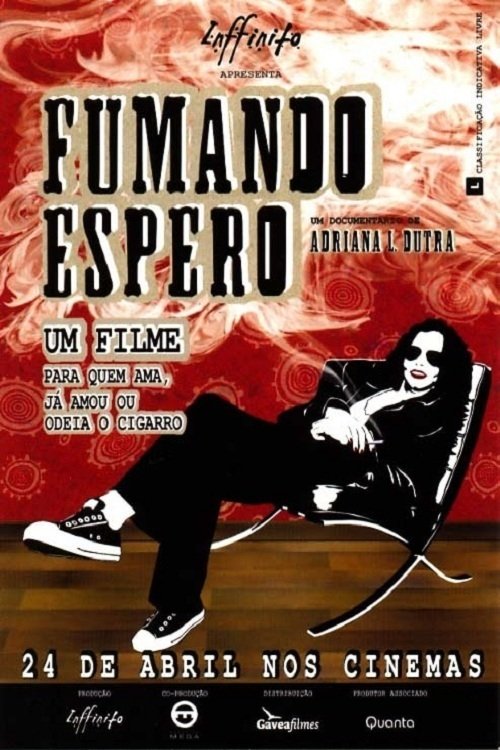
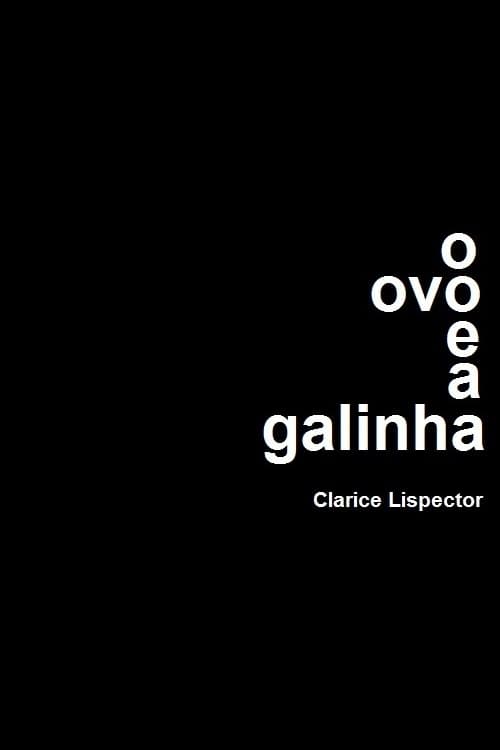
Writer and poet Clarice Lispector investigates and develops the old question of what came first, the egg or the chicken.
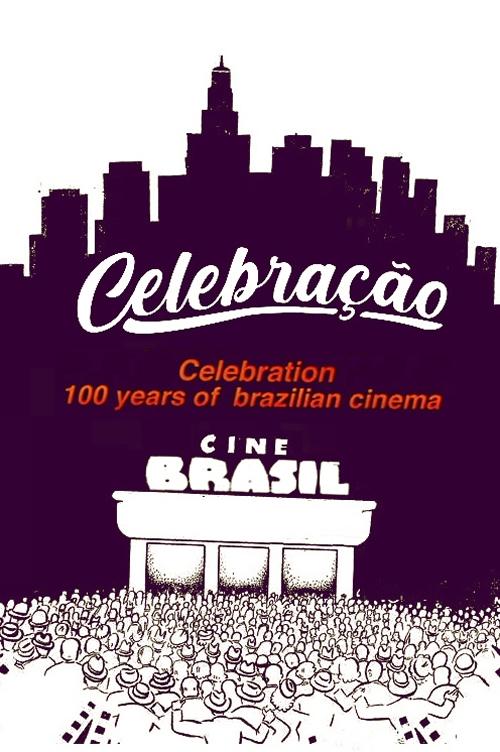
"Portraits and excerpts from Brazilian films from all times. Actors, directors and images that affirm cinema."
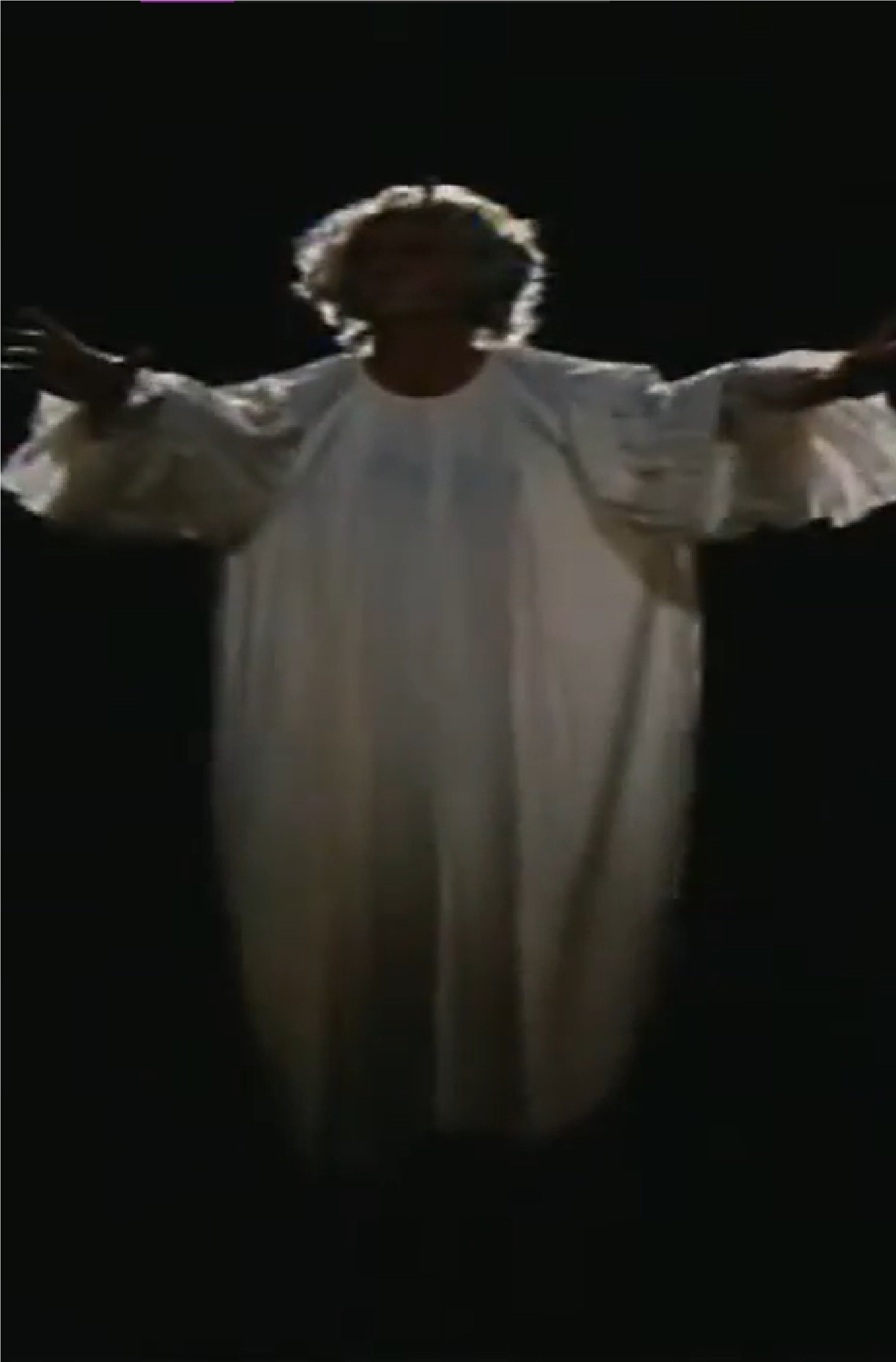
An Italian actress arrives in Belém do Pará, to stage the last moments of Carlos Gomes, author of “O Guarani”.
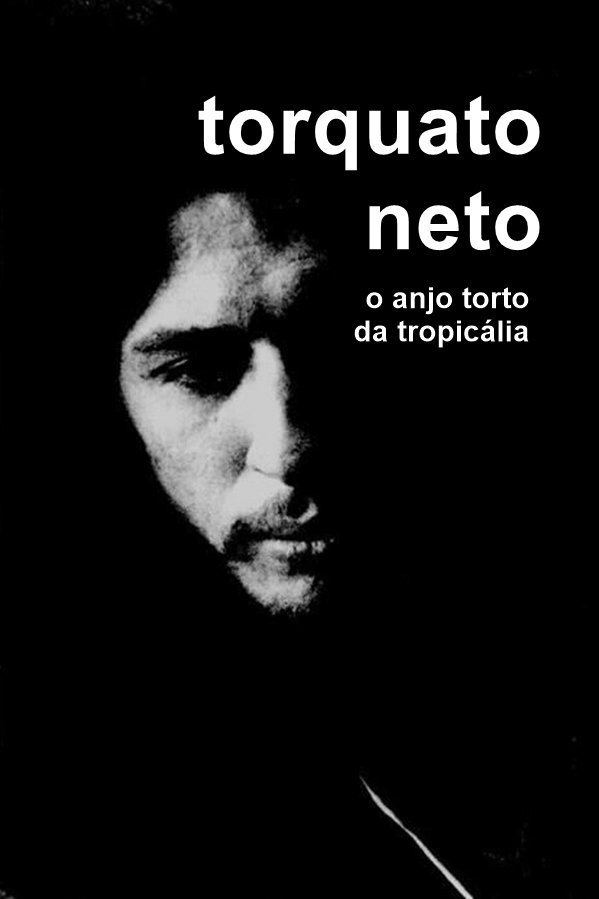
A documentary chronicling the life and works of Brazilian poet, songwriter, journalist and avant-garde filmmaker Torquato Neto, from his beginnings to his suicide at the age of 28.
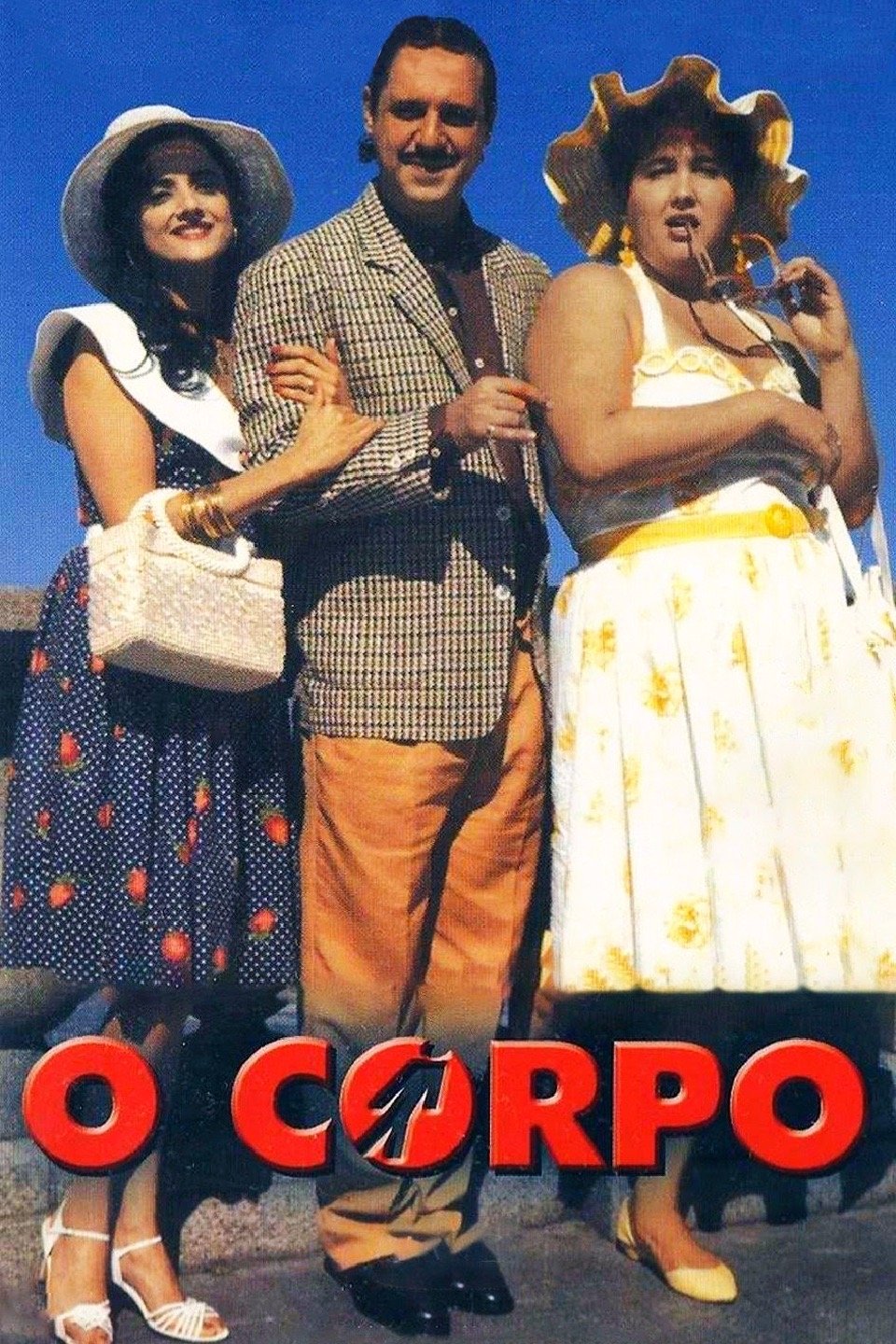
Xavier, a pharmacist, lives peacefully in bigamy with his two women, Carmen and Beatriz, but the harmony breaks down when they find he has another lover, Monique, a nightclub dancer.

Brasileiros e Brasileiras is a Brazilian telenovela shown in some schedules SBT between November 5, 1990 and May 14, 1991. Writing for the show was done by Carlos Alberto Sofredini and Walter Avancini, who also directed it. The show was a co-production of the Miksom.
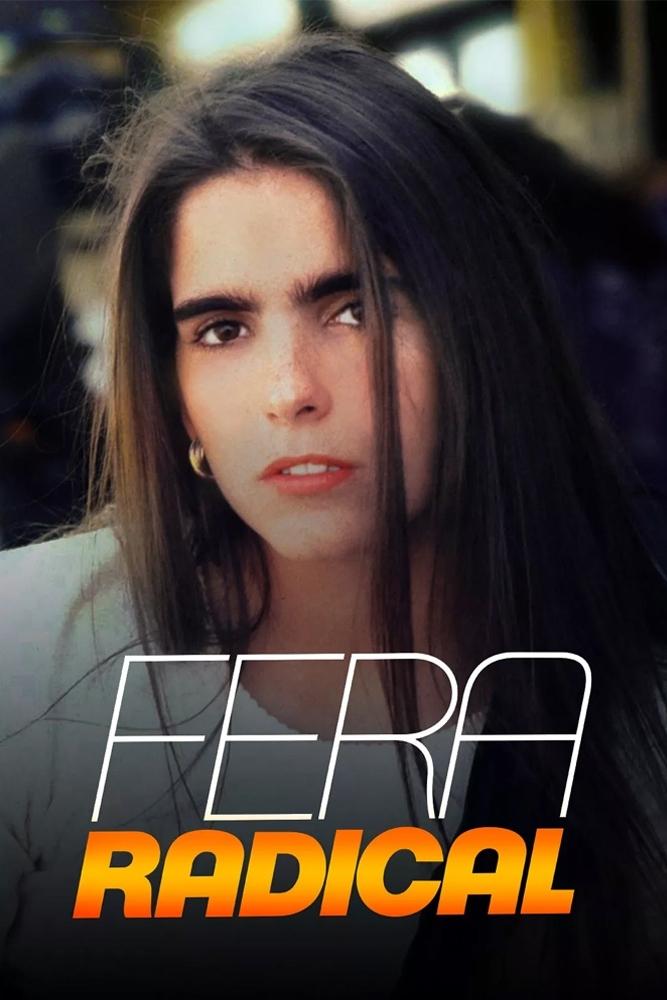
Cláudia returns to her rural hometown in order to take revenge for the murder of her family a long time ago. She believes that the Flores family committed the crime and tries to destroy them....
Carla de Andrade Camurati (Rio de Janeiro, October 14, 1960) is a Brazilian filmmaker, screenwriter, cultural producer and former actress. After being featured in telenovelas such as Livre para Voar (1984) and Fera Radical (1988), she left her acting career in 1994 to dedicate herself to filmmaking, founding Copacabana Filmes and directing several films since then. She also became an influential cultural producer, having chaired the International Children's Film Festival and the Municipal Theater of Rio de Janeiro between 2007 and 2014.
By browsing this website, you accept our cookies policy.